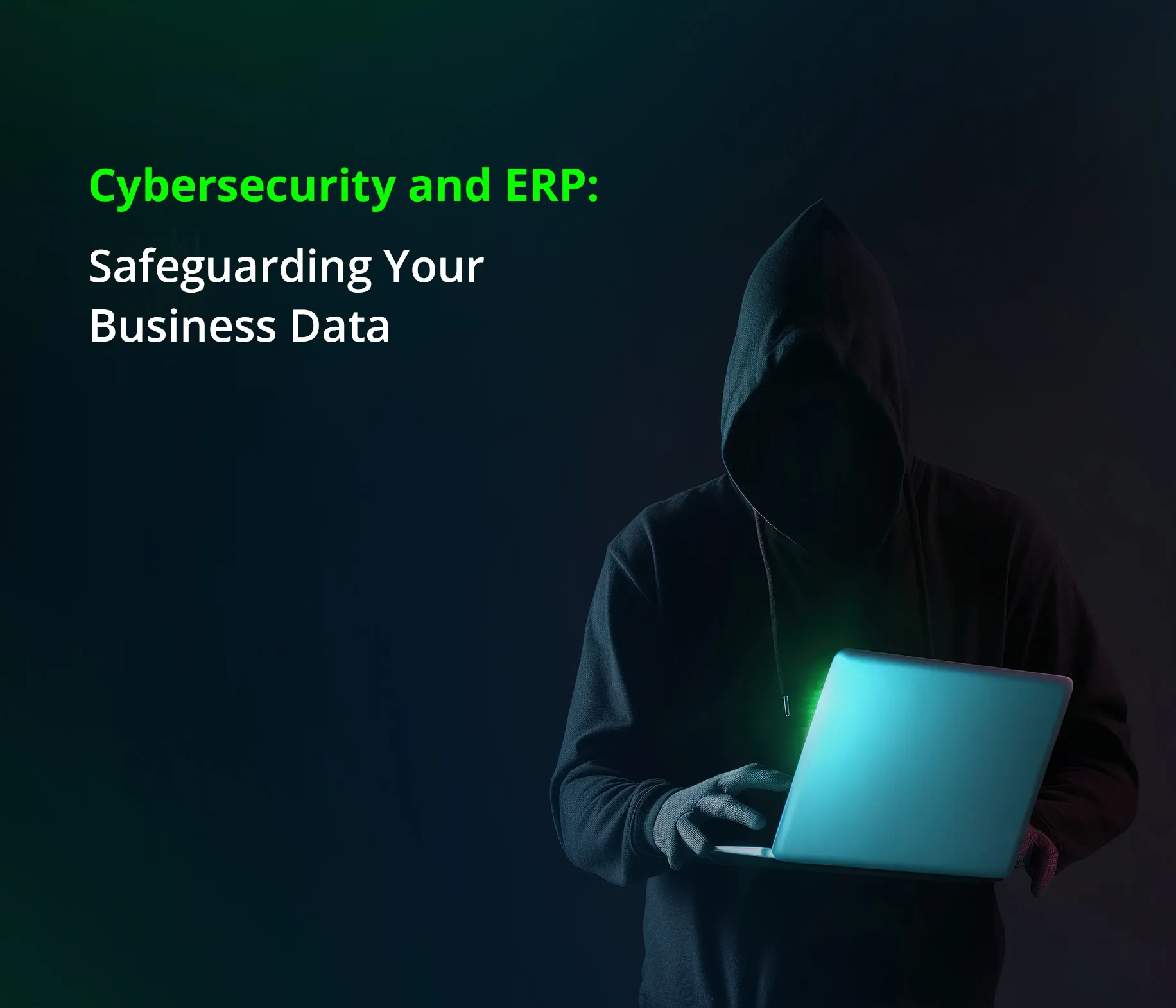In today’s digital age, businesses rely heavily on Enterprise Resource Planning (ERP) systems to manage critical operations, streamline processes, and make data-driven decisions. However, the increasing integration of ERP systems with various business functions and external networks also makes them a prime target for cyber threats. Ensuring the cybersecurity of your ERP system is crucial to safeguarding your business data and maintaining operational integrity. Here’s how to effectively protect your ERP system from cyber threats.
1. Understand the Risks
Before implementing security measures, it’s essential to understand the specific risks associated with ERP systems. Common threats include:
- Unauthorized Access: Hackers or malicious insiders gaining access to sensitive data.
- Data Breaches: Exposure of confidential information due to vulnerabilities.
- Ransomware: Malicious software that encrypts data and demands payment for decryption.
- System Downtime: Disruption of ERP services due to cyberattacks.
2. Implement Strong Authentication and Access Controls
Effective authentication and access controls are the first line of defense against unauthorized access. Consider the following:
- Multi-Factor Authentication (MFA): Implement MFA to add an extra layer of security beyond just passwords.
- Role-Based Access Control (RBAC): Ensure users only have access to the data and functions necessary for their roles.
- Regular Audits: Conduct periodic reviews of user access rights and adjust them as needed.
3. Keep Your ERP System Updated
Software updates and patches are crucial for protecting your ERP system from vulnerabilities. Ensure that:
- Regular Updates: Apply security patches and updates as soon as they are released.
- Vendor Support: Work with ERP vendors who provide timely updates and support.
4. Employ Encryption
Encryption helps protect sensitive data from being accessed or read by unauthorized parties:
- Data Encryption: Encrypt data both at rest and in transit to prevent unauthorized access.
- Database Encryption: Ensure that sensitive information within the ERP database is encrypted.
5. Implement Network Security Measures
Network security measures help protect the ERP system from external threats:
- Firewalls: Use firewalls to block unauthorized access to the network.
- Intrusion Detection Systems (IDS): Implement IDS to monitor for and respond to suspicious activity.
- Virtual Private Networks (VPNs): Use VPNs to secure remote access to the ERP system.
6. Educate and Train Employees
Human error is a significant factor in cybersecurity breaches. Regular training can help mitigate this risk:
- Cybersecurity Awareness: Conduct regular training sessions on recognizing phishing attempts and other cyber threats.
- Best Practices: Teach employees best practices for handling sensitive data and using the ERP system securely.
7. Backup Data Regularly
Regular data backups ensure that you can recover your information in case of a cyberattack:
- Automated Backups: Set up automated backups to ensure that data is regularly saved.
- Secure Storage: Store backups in a secure location, preferably offsite or in the cloud with strong encryption.
8. Develop an Incident Response Plan
An incident response plan outlines the steps to take if a security breach occurs:
- Response Team: Assemble a team responsible for managing and responding to security incidents.
- Action Plan: Develop a detailed action plan for identifying, containing, and mitigating breaches.
- Communication: Establish communication protocols for informing stakeholders and regulatory bodies if needed.
9. Conduct Regular Security Audits and Penetration Testing
Regular security assessments help identify and address potential vulnerabilities:
- Security Audits: Perform regular audits to evaluate the effectiveness of your cybersecurity measures.
- Penetration Testing: Conduct penetration tests to simulate attacks and identify weaknesses in the system.
10. Work with Trusted Vendors and Partners
Collaborate with ERP vendors and cybersecurity partners who prioritize security:
- Vendor Security Practices: Ensure that ERP vendors follow strong security practices and offer support for security issues.
- Third-Party Assessments: Engage third-party cybersecurity experts to assess and improve your ERP system’s security.
Conclusion
Protecting your ERP system from cyber threats requires a multi-layered approach involving strong authentication, regular updates, encryption, network security, employee training, data backups, incident response planning, and regular security assessments. By implementing these measures, you can safeguard your business data, maintain operational integrity, and mitigate the risk of cyberattacks. Investing in cybersecurity not only protects your ERP system but also fortifies your entire business against evolving cyber threats.
